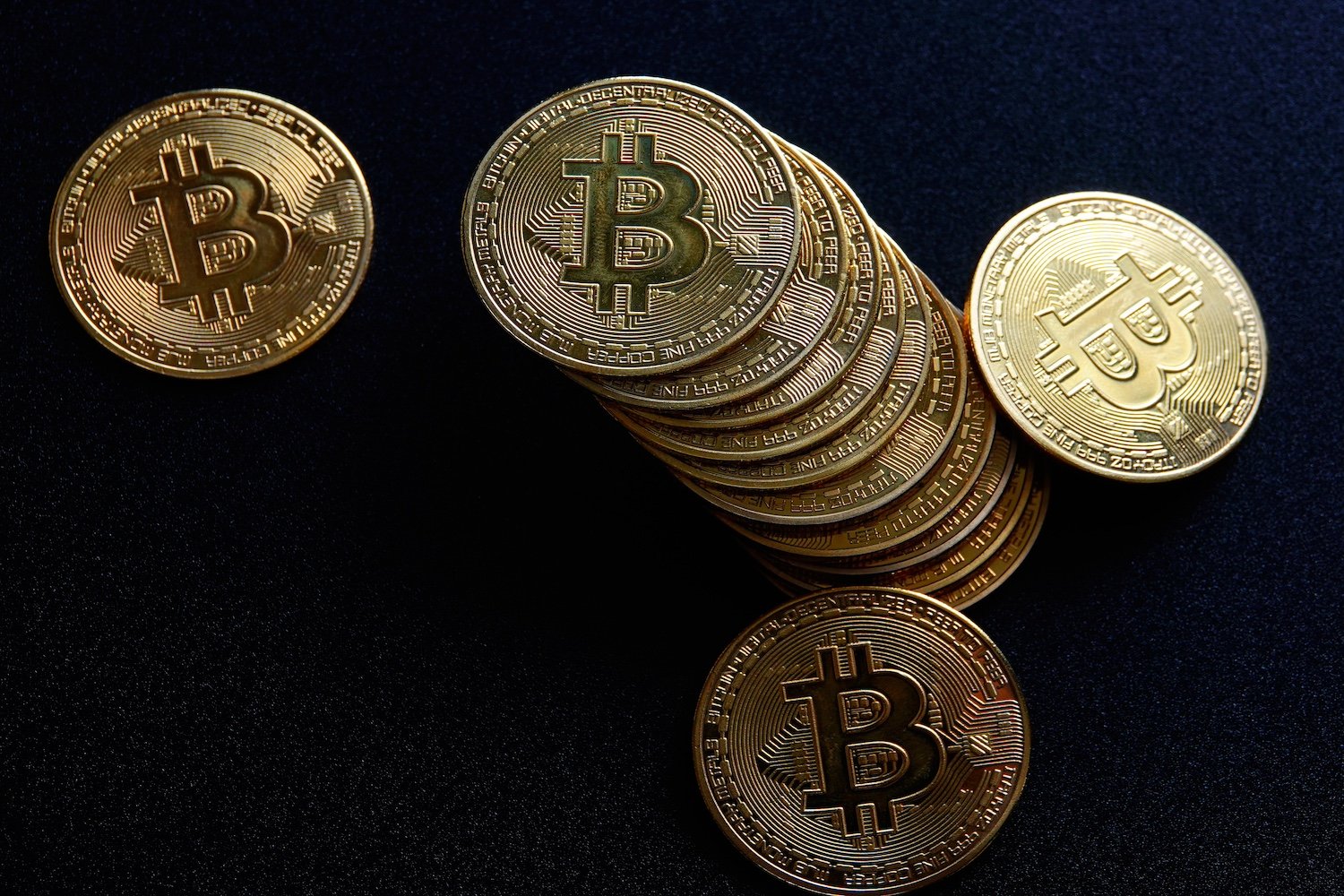For over a decade, Bitcoin has been the undisputed face of digital finance. When you think “crypto,” you think Bitcoin. Its surges and crashes have been treated as bellwethers for the entire industry. This year, it even set new records, solidifying its reign.
But for the past month, the crypto world hasn’t been talking about Bitcoin. The spotlight has been stolen by a company that most people have never heard of.
While Bitcoin’s price reached an all-time high this spring, its dominance is being challenged. Its market value, while still a colossal $2 trillion, is suddenly looking like yesterday’s news. Because in the world of finance, Wall Street and social media have a new darling: Circle Internet Group.
On June 5, Circle went public. Its IPO priced the stock at $31 a share, valuing the company at a respectable $6.3 billion. What happened next has been nothing short of explosive. In just eleven trading sessions, Circle’s stock skyrocketed 675%, pushing its market capitalization to over $48 billion.
To put that in perspective, Circle is now worth more than iconic industrial giants like Ford Motor Company and General Motors. The Big Three automakers in Detroit produce millions of physical cars per year. So, what does Circle produce to justify this staggering valuation?
The answer is surprisingly simple: a special type of cryptocurrency called a stablecoin.
Here’s how it works. You give Circle one U.S. dollar. In return, they give you one of their digital tokens, called USDC. This token is a stablecoin, meaning its value is pegged to a stable asset. In this case, the dollar you just gave them. It will always be worth $1 because, unlike Bitcoin or Ethereum, stablecoins aren’t designed to fluctuate in value. Circle then takes your actual dollar, invests it in safe, interest-bearing assets like short-term U.S. Treasury bonds, and pockets the yield. You get a digital dollar; they get the profit. That’s the entire business model.
What Wall Street is buying isn’t just a clever financial loop; it’s the hope that stablecoins are the future of money. The dream is that USDC will become as common as Visa or Mastercard for daily transactions, allowing people to move money cheaply and instantly without the volatility of other cryptocurrencies.
This hope is being fueled by a favorable wind from Washington. The Senate recently passed the “Genius Act,” a landmark piece of legislation that opens the door for banks, fintech companies like PayPal, and major retailers like Amazon to adopt stablecoins for payments. This is the first major, and notably friendly, crypto regulation approved by Congress. While it still needs to pass in the House, crypto advocates are optimistic.
Until now, stablecoins have mostly been used within the crypto world for trading or in decentralized finance (DeFi). But with this new legislation, Circle, which isn’t tied to a single financial institution, is perfectly positioned to become the big winner. Some are calling this the industry’s “iPhone moment.”
The Circle fever will likely rage on, at least until the company posts its first quarterly earnings. Only then will investors decide if the honeymoon continues.
In the meantime, if you want to sound like you know what’s happening on Wall Street and in the tech world, there’s a new name to drop.
Get the best tech, science, and culture news in your inbox daily.
News from the future, delivered to your present.
Please select your desired newsletters and submit your email to upgrade your inbox.
A combination of Wall Street capital, corporate adoption, and a deepening supply crisis is quietly forging a new future for the world’s most important blockchain.
Congress just passed its biggest crypto law ever, and Bitcoin didn’t even get a mention. Once the face of financial rebellion, it’s now sidelined while stablecoins take the spotlight.
One in five Trump nominees have crypto holdings, according to an analysis.
The GENIUS Act gives stablecoins real legal backing, paving the way for instant payments, lower fees, and a safer digital dollar you can actually trust.
The GENIUS Act brings crypto out of the shadows and into the American financial system.
A chief economist at investment giant Apollo says the top ten AI stocks are more detached from reality than the tech titans of the 1990s were. His chart is a stark warning that history is about to repeat itself.



 Motivational
Motivational 22 Jul, 2025
22 Jul, 2025 Jose Campbell
Jose Campbell